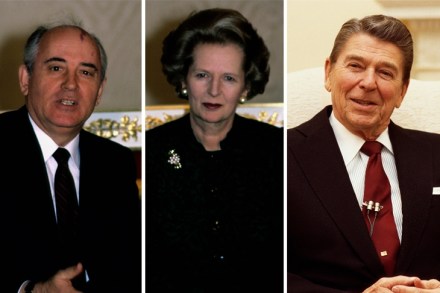Master of disguise: the British genius who concealed whole Allied battle lines
Early one morning in October 1874 a barge carrying three barrels of benzoline and five tons of gunpowder blew up in the Regent’s Canal, close to London Zoo. The crew of three were killed outright, scores of houses were badly damaged, the explosion could be heard 25 miles away, and ‘dead fish rained from the sky in the West End’. This is a book about the weird, if obvious, intersection between firework manufacture and warfare. It is, ostensibly, the biography of Frank Brock, a hero of the first world war. And if it were the work of more ambitious literary hands, Brock would have been all you got: his heritage,





















